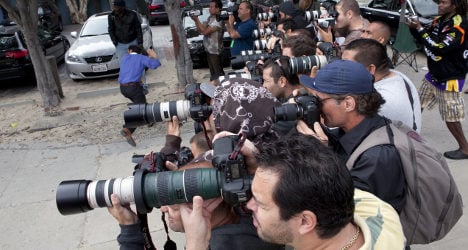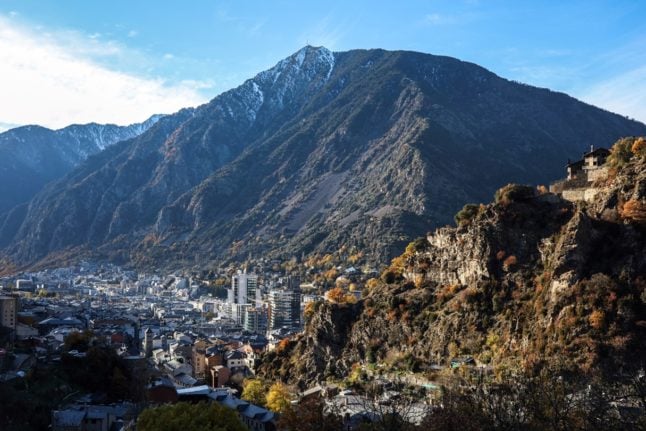Just a matter of weeks after his government was rocked by a tax fraud scandal that cost the job of his budget minister Jérôme Cahuzac, French president François Hollande presented his official response on Wednesday to his council of ministers.
Among the proposals, will be a requirement for France's 1,200 elected politicians to declare all their assets and interests and they will be barred from holding certain positions, such as advisory roles or central posts in public companies. Failure to declare could result in a prison sentence of up to five years.
A special unit will be set up to investigate tax fraud and any politician convicted of the crime will be barred from holding public office.
But with deputies including many from within his own party threatening to rebel, the proposals are expected to get a rough ride through parliament.
Jacques Terray, Vice President of the anti- corruption organization Transparency International France insists that if confidence is to be restored in France’s politicians, then the proposals, referred to as "paparazzi democracy" by one deputy, must become law.
Jacques Terray: "These measures are absolutely necessary to make French politicians more transparent. The French public has been shocked by the Cahuzac scandal and apart from that there is a long tradition in France of the public being suspicious about the behaviour of their politicians.
“This culture goes back centuries. There’s always been a suspicion of parliamentarians.
“If we want to break this tradition we have to create very precise rules so that the politicians will always be in a position to show they are transparent.
“Politicians naturally don’t want to show their assets to the public because they fear this will generate far more criticism. At Transparency International, we believe the more information they give about their assets and interests the more it will help them.
“Just look at Foreign Minister Laurent Fabius, who was the minister who declared the most wealth. The reaction has not been hostile towards him. People have supported him.
'Politicians find it easier to talk about sex than money'
“Maybe the strength of opposition among French politicians to this move is because some of them fear having to declare their assets. Some among them might have things they want to hide. They may also fear their electorate will simply think they are too rich to be honest.
“Someone said recently that French politicians would find it easier to talk about sex than money and it's true. It’s part of our Catholic tradition. Catholics don’t normally like to speak about money.
“Conflict of interests is a really significant issue and the president is right to prevent politicians from having certain jobs. I used to be a lawyer and I know that if I had been a politician as well, clients would have come to me and asked me to support bills that were in line with their interest.
“It’s right and important that they are not allowed to have “advisory” or “consultancy” roles.
'French politicians no worse than anywhere else'
“France is very late on this issue, when we compare ourselves to Scandinavian countries, for example. This country must move closer to the Scandinavian way of addressing this problem.
“I am not sure French politicians have a worse record when it comes to corruption than the rest of Europe. Just look at what goes on in Italy and even the MPs expenses scandal in Britain.
“The measures that Hollande is taking are exactly the kind of actions Transparency International has been calling for. Organizations backed by the law need to be given the power and the resources to be able to act. But it needs to be clear that proper means are given."



 Please whitelist us to continue reading.
Please whitelist us to continue reading.
Member comments